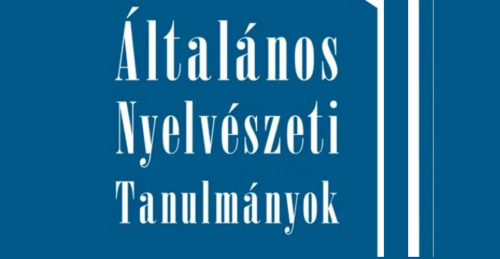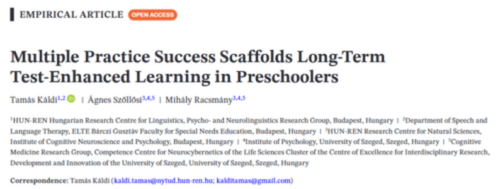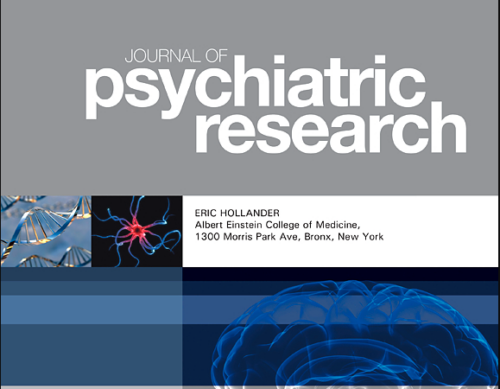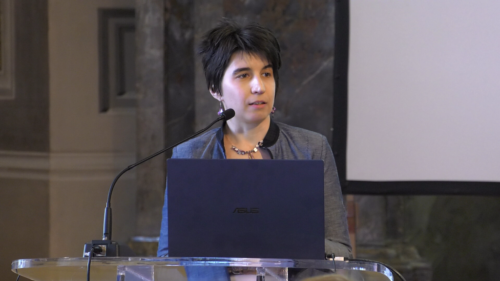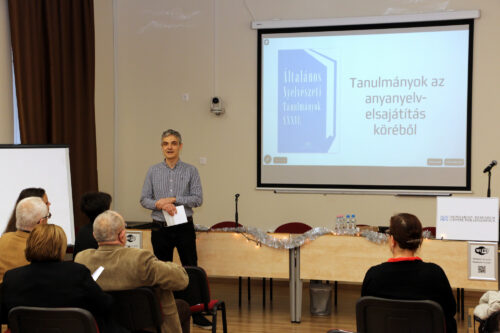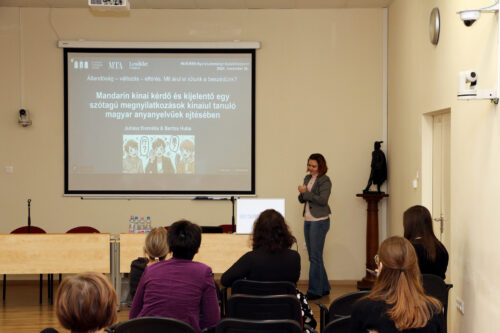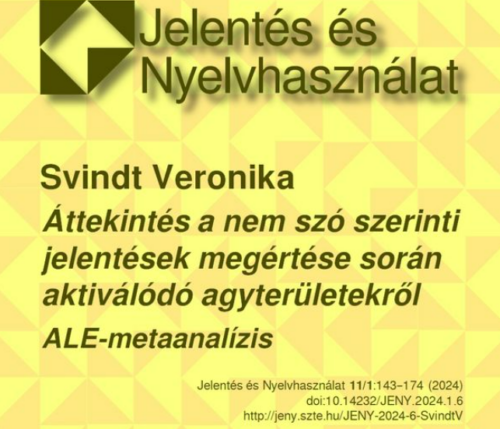Psycholinguistics and Neurolinguistics Research Group•Research area
 | Research group leader: Ildikó Hoffmann, PhD Email: hoffmann.ildiko@nytud.elte.hu Phone: +36 (1) 342-9372/6052 |
Psycholinguistics and Neurolinguistics Research Group•Staff





Institute for General and Hungarian Linguistics





Psycholinguistics and Neurolinguistics Research Group•Research
Atypical pragmatic functioning in neurodevelopmental disorders
Atypical pragmatic skills are a significantly less examined area in linguistics, where much greater emphasis is placed on the typical development. Despite the fact that pragmatic functioning may be affected in several developmental disorders (e.g., autism spectrum disorder; attention deficit/hyperactivity disorder (ADHD); social (pragmatic) communication disorder; developmental language disorder). Although findings regarding developmental pragmatic difficulties are often contradictory, it seems ...
Investigating the association of maternal infant-directed speech with early language development
Our research aims to explores how maternal infant-directed speech differs from adult-directed speech at lexical and morphosyntactic levels and how these differences relate to the child’s language development. Within the framework of the projects NKFIH 115385 (Neuro-cognitive predictors of early language development, lead researcher: István Winkler) and NKFIH 124477 (The role of social, cognitive and genetic factors in language development, lead researcher: Bence Kas), we were able to collect dat ...
Patterns of Narrative Speech Production in Borderline Personality Disorder
Borderline personality disorder (BPD) is characterized by a pervasive, enduring, and inflexible pattern of instability of self-image, affects, and interpersonal relationships, and marked impulsivity, that begins by adolescence or early adulthood, deviates from the expectations of the individual’s culture, and causes significant functional impairment or subjective distress for the individual. Due to the various co-occurrence patterns of its symptoms, and the frequent comorbid disorders, BPD exh ...
Pragmatic competence and non-linguistic cognitive abilities
Knowledge of pragmatics is an essential component of meaningful everyday communication and arguably a unique and elusive human ability that distinguishes human-to-human interactions not only from animal communication systems but even from the most advanced human-to-machine exchanges. What is special about pragmatic competence is that it involves something more than lexical and morphosyntactic knowledge: pragmatic interpretation is indeterminate and may be dependent on the linguistic and physical ...
Strategies in Inner Speech
This research presents the results obtained from a questionnaire-based research on inner speech, primarily focusing on the Hungarian adaptation (VISQ-R, Alderson-Day et al., 2018) involving 1675 participants. The response patterns of individuals to the questionnaire items are presented by analysing the factors formed by the items. These analyses show the classes of responses triggered by the items along a scale ranging from never, occurred before, sometimes, often, to always.
The development of Theory of Mind and its component skills
Theory of Mind is the ability through which an individual can form mental representations of others’ mental states and their own previous mental states. Mental states can refer to beliefs, intentions, attitudes or emotions. Current evidence suggests that Theory of Mind may play a key role in computing pragmatic meanings, and therefore in successful everyday communication and social interactions, but the precise nature of the relationship between Theory of Mind and pragmatic ability shows a compl ...
Psycholinguistics and Neurolinguistics Research Group•News
Psycholinguistics and Neurolinguistics Research Group•Events

Nyelvi képességek sztenderd mérése gyermekkorban: normatív trendek és atipikus fejlődési mintázatok a KOBAK – Komplex Beszélt Anyanyelvi Képességteszt tapasztalatai nyomán
